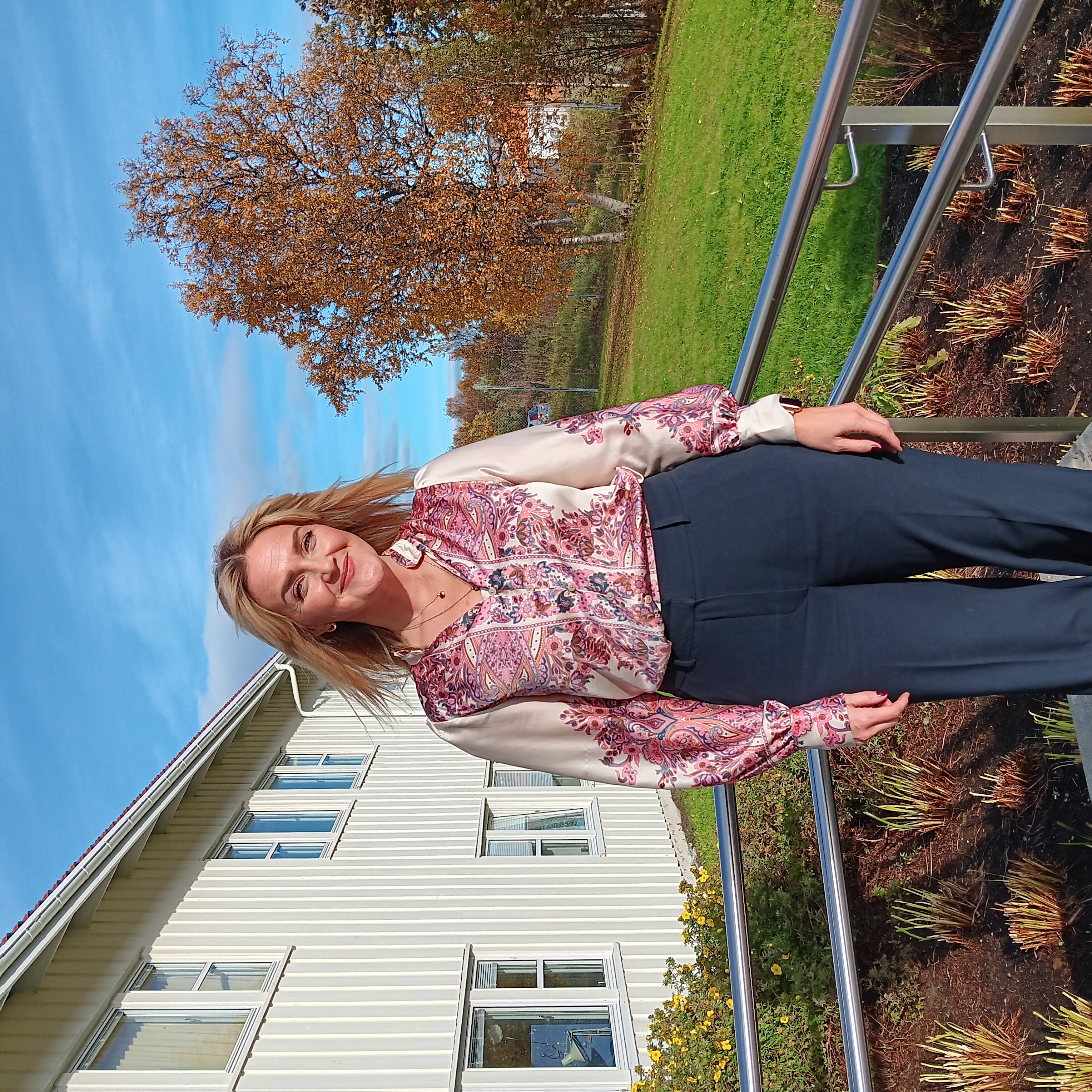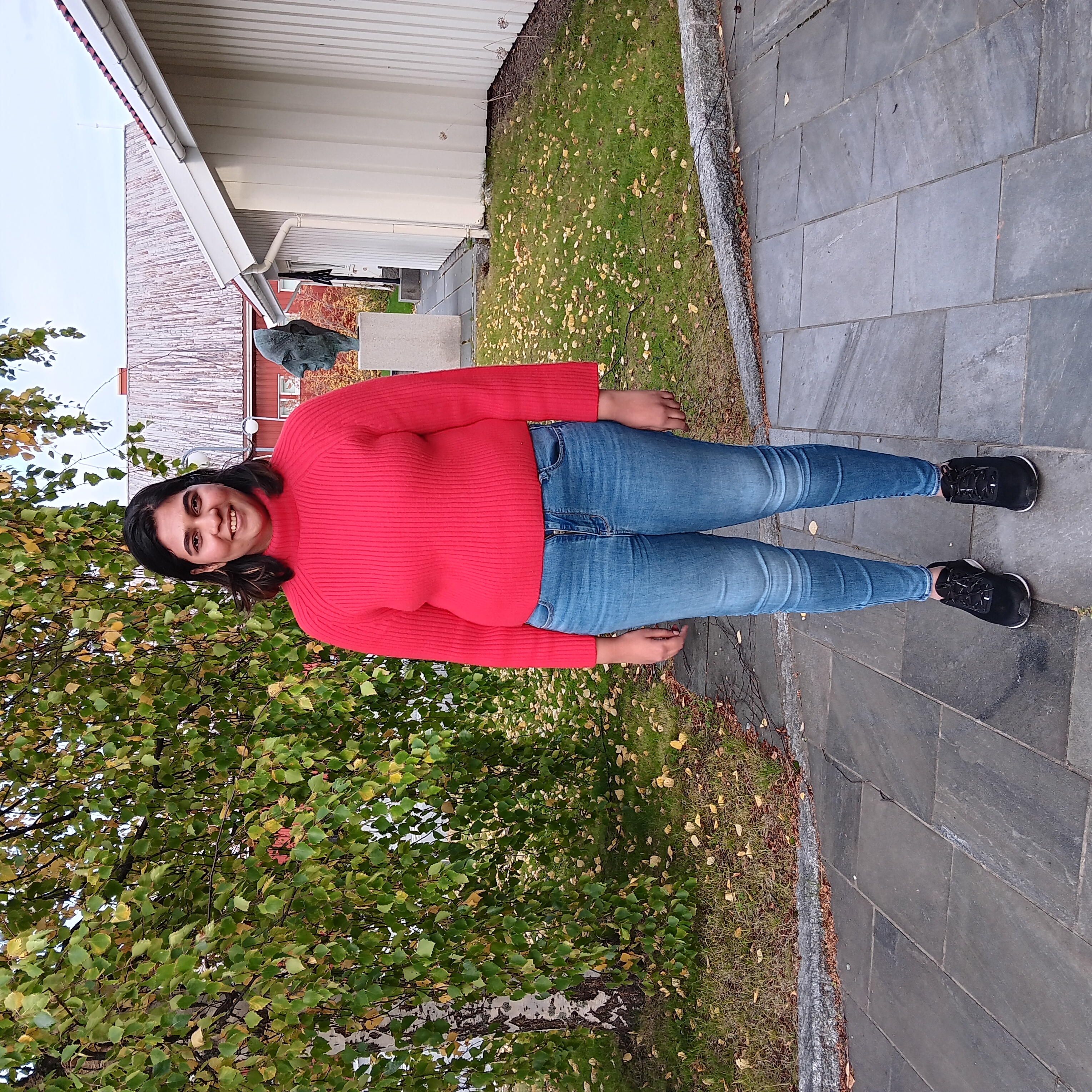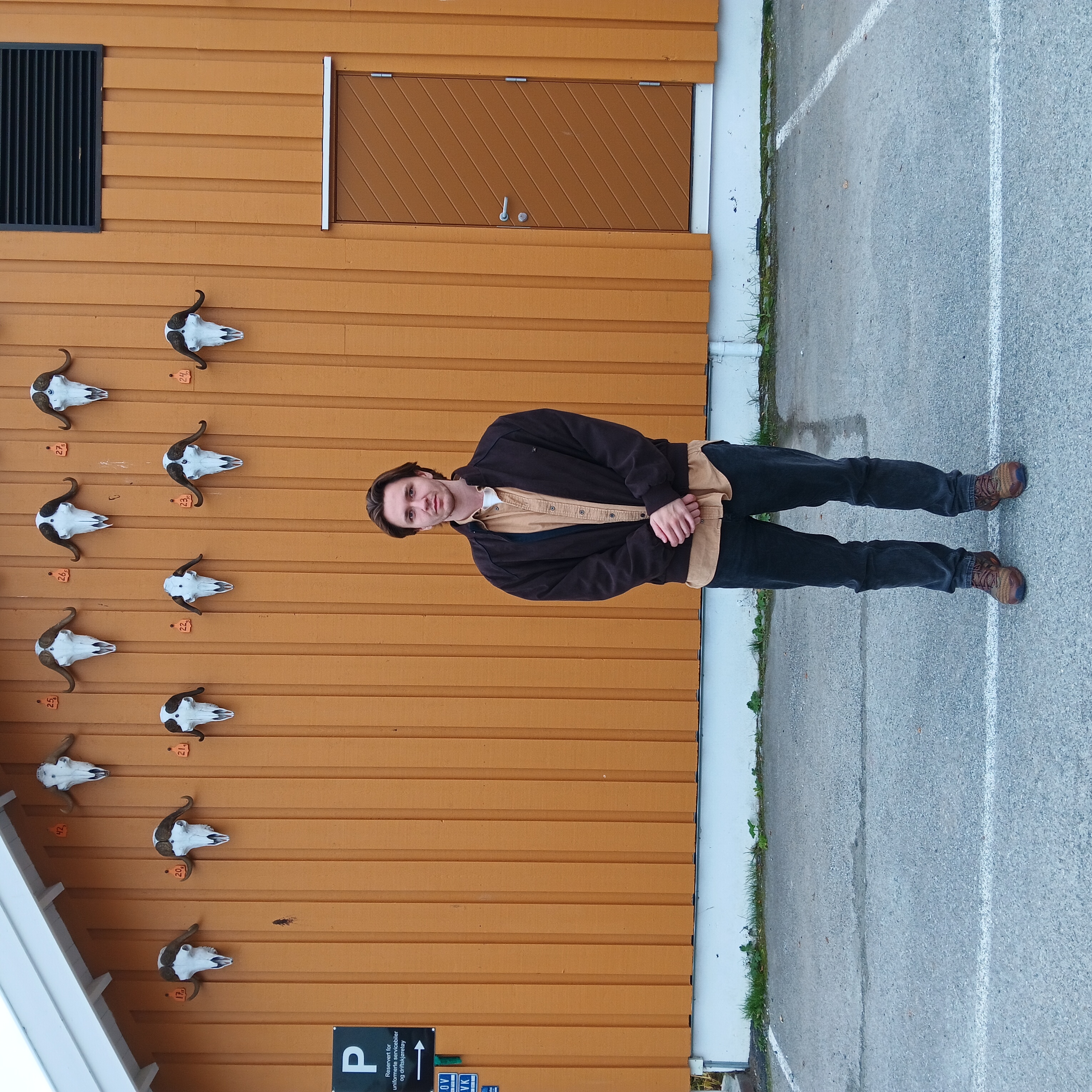'By working together as a team, we can go even further'
What ripple effects does good communication, both on a professional and social level, have in research communities? This was discussed at a workshop held at the BFE Faculty. It was emphasised that raising awareness about social skills can take a research career many steps forward.

This month, a workshop on soft skills was held for PhD candidates in biomedicine at the Faculty of Biosciences, Fisheries and Economics (BFE).
The 16 participants are undertaking an MSCA research education through the research project Hub Molecules of Metabolism and Signalling – Key Regulators of Life (HubMOL). The project is supported by the EU's Horizon programme and is coordinated and led by BFE.
Through the workshop, the PhD candidates were able to learn why knowledge of interpersonal interaction is important for building a research career.
The candidates worked on issues related to how we can better understand ourselves through our relationships with others, within a team, and why self-regulation is important in such contexts.

Fast Pace, Prestige, and Personalities
'When meeting PhD candidates and supervisors, it becomes clear that the focus is largely on academic development and the results of one's own research. The human aspects, which are also important, are not always given the same emphasis, ' workshop leader Maria Nyang-Jørgensen points out, who is the Head of the Personnel and Organisation Section at BFE.
She has often observed that PhD candidates entering academia are met with an environment characterised by high prestige and a fast pace.
'In situations where you need to create interaction between different personalities, with the challenges and advantages that come with it, it can become demanding in ways one might not initially anticipate,' she says.
To create better teams of researchers, she believes it is important to allow space for reflecting on how we see ourselves and how we relate to others.
'I hope that with this project, we can lay a foundation so that when the PhD candidates progress further in their work – and when challenging situations arise – they are prepared in a different way. This might help contribute to creating more stability and trust between colleagues in the workplace,' she adds.
Friction is not a bad thing. It is normal and something we need in order to grow and foster innovation.
Friction and Innovation
Nyang-Jørgensen believes there are many factors that contribute to friction between colleagues. She highlights personality, gender, culture, and age as particularly important aspects to be mindful of.
'Cultural differences are an example of what can be tricky terrain to navigate. PhD candidates from other countries are often used to interacting with superiors in a completely different way. In Norway, we have a flat structure. It is quite common for international PhD candidates to hesitate or avoid speaking up because they think it would be disrespectful, ' she points out.
However, for Nyang-Jørgensen, it is important not to try to avoid friction, whether it arises due to cultural differences or other reasons.
'Friction is not a bad thing. It is normal and something we need in order to grow and foster innovation. You can’t just enter an environment with the mindset that you have the best expertise and know best. But by working together as a team, we can go even further than we initially thought, ' she concludes.

Developed Communication Skills
How did the PhD candidates themselves experience participating in the workshop? One participant was Eliass Azra Thasee, a PhD candidate in biomedicine at the University of Bergen. For her, it was a positive experience to actively take part in discussions and solve challenges together with other PhD candidates.
'It helped me become more aware of how I communicate with supervisors, within academic networks, and how I can convey my own research to the outside world. That is a very important skill, ' she emphasises.
Thasee believes that researchers often lack communication skills, which can pose a significant risk of misunderstandings when building a career.
'Often, 99 per cent of the problems we face could have been solved simply by having a meeting to clarify disagreements or differing interpretations. It was great to have a workshop where we could focus on such issues, ' concludes Thasee.
Culture, Behaviour, and Communication
Another participant was Karsten Sættem Godø, a PhD candidate in biomedicine at the Consiglio Nazionale delle Richerche (CNR) in Naples, Italy. He emphasises the importance of being mindful of one’s own behaviour and communication, especially when working in an international environment where one encounters many new people.

'It is important to be open to the fact that others may have a different perspective than your own. There is a lot you think you know, but that can quickly change. I believe courses like this are important to attend when working across borders. How you reflect on such situations is something I will take with me from this workshop, ' he says.
He points out that organisational and leadership structures are very different in Italy compared to Norway.
'Here in Norway, you feel as though you can speak freely and directly to the university rector. In Italy, the systems are much more hierarchical. There, you have to think more carefully about how you phrase things and how you interact with colleagues, 'Godø points out.
The workshop on soft skills will also be held in connection with other projects in the future, both at the BFE Faculty and other faculties at UiT.